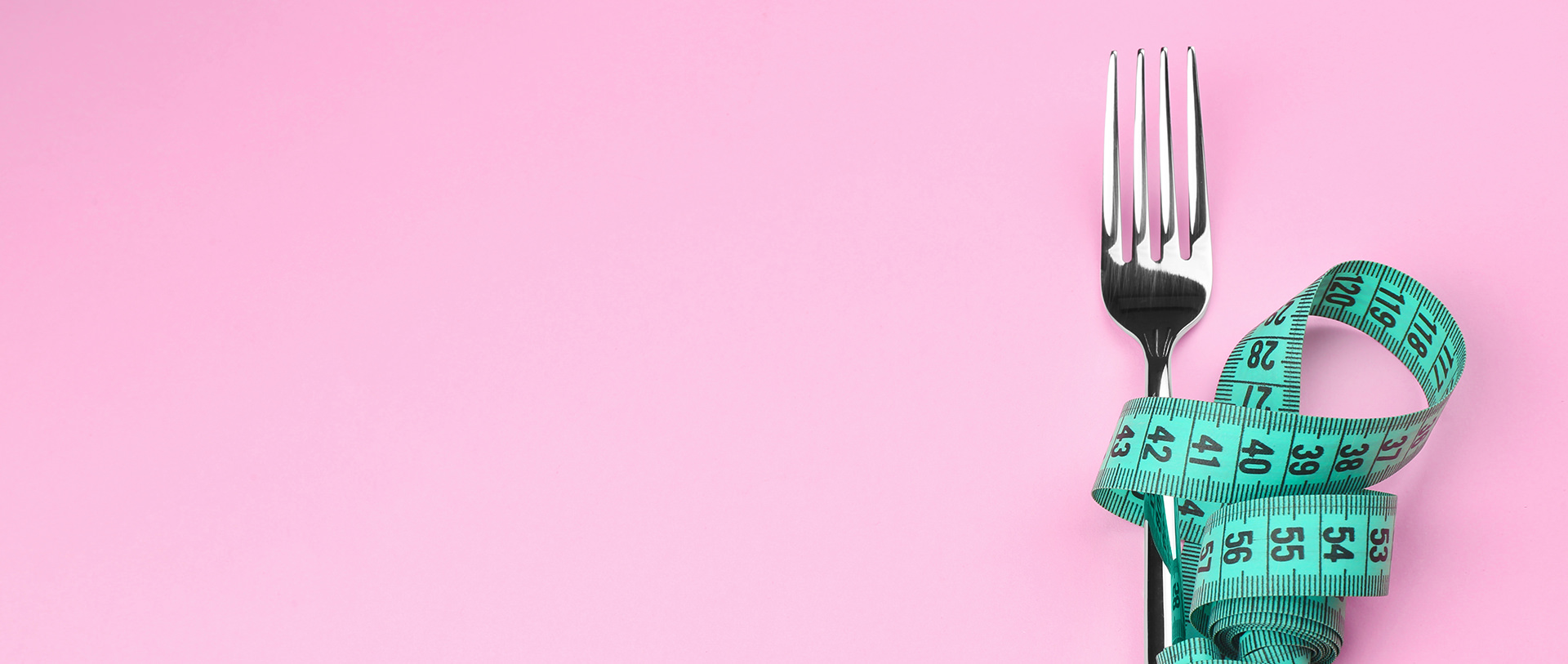In the 1930’s we had the Grapefruit Diet. The 90’s brought about the ‘fat-free’ craze…Snackwell cookie anyone? Today, we hear about Cleanses, Intermittent Fasting and Gluten-Free to name a few. Fad diets are often quick ‘fixes’; trends that gain popularity by promising unrealistic and unsustainable results. We start off excited by the potential of a ‘new me’ but after a few months find it difficult to stay on track. So…Is it Fact or Fad?
Cleanses
The Hype – There are many versions, all claiming that our bodies need help removing toxins. Most suggest you consume only juices or smoothies made with raw ingredients.
The Fact – These diets can be dangerously low in calories (under 1000) and macronutrients like protein, carbohydrate and fat. Our liver and kidneys do an amazing job of detoxifying our bodies without the need for restriction.
The Bottom Line – These diets can cause fatigue, dizziness and nausea. Plus, most of us enjoy chewing once in a while, so any weight loss is often regained when food intake resumes.
Gluten Free
The Hype – Going gluten free will promote weight loss, reduce inflammation and increase energy.
The Fact – Gluten is a protein in wheat, barley, and rye. In addition to the usual suspects like breads and pastas, it can also be in sauces, cereals and drinks, like beer. Whole grain foods containing gluten are often loaded with fiber, vitamins and minerals.
The Bottom Line – If you have Celiac disease (an autoimmune disorder) or a gluten intolerance (like me), you will benefit from eliminating these foods. However, gluten-free foods will not automatically be healthier since they can contain just as many calories, sugar and fat (or more) as their gluten counterparts.
Intermittent Fasting
The Hype – Periods of fasting promotes weight loss, lowers blood pressure and cholesterol and improves insulin sensitivity (blood sugar control).
The Fact – Fasting has been around for centuries and there are many different techniques. Calories during the fasting period are highly restricted or eliminated.
The Bottom Line – There is conflicting research, but many show some health benefits. Side effects, however, may include fatigue, dizziness, nausea or lightheadedness. Overconsuming during the non-fasting periods can also lead to weight gain not weight loss. If you follow this approach be sure to consult with a dietitian or physician first.





